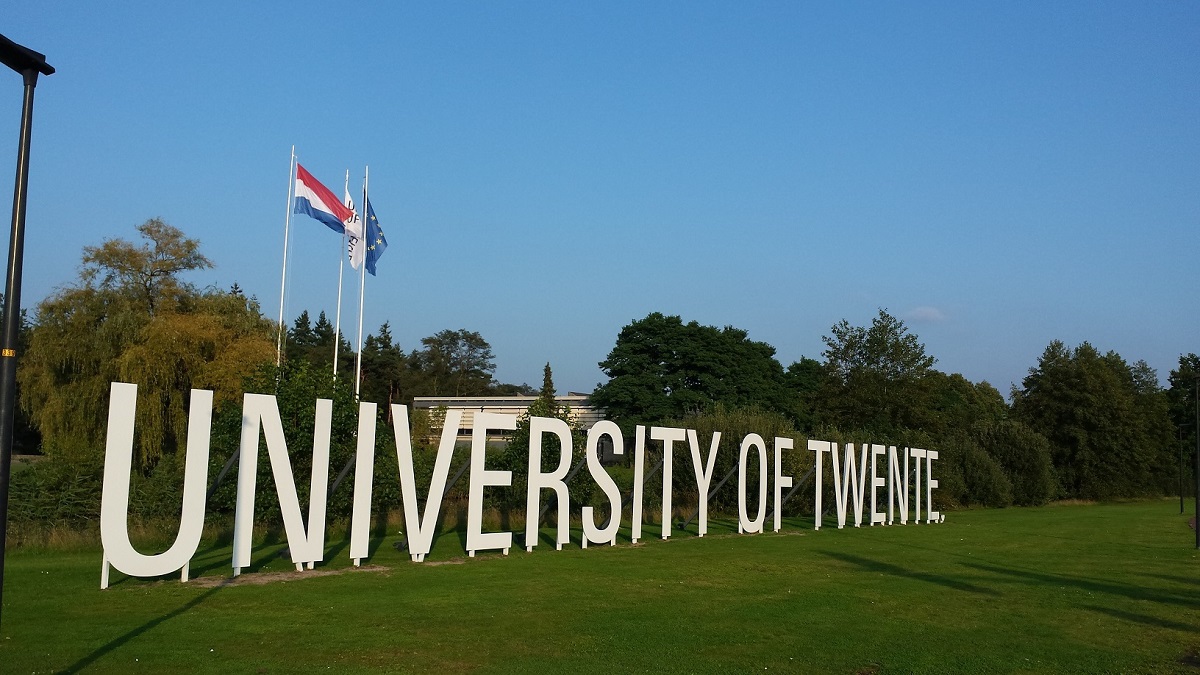
We are looking for a highly motivated and hardworking PhD candidate on complex networks for chemical reactions
Network processes are everywhere: from epidemics to traffic or the extinction of species. However, in most of these processes, interactions are not pairwise. Instead, they take place in groups of three or larger, creating so-called hypergraphs. One important instance where these hypergraphs arise naturally is in chemical reaction networks that describe the interactions between molecules. In this project, we strive to show that chemical reaction networks have the outstanding potential to model hypergraphs from a joint experimental and theoretical perspective. Can we use mathematical models to predict how complex chemical reaction networks form? And can we use chemical reactions to model real-world network processes such as epidemics and cascading failures?
We are looking for a highly motivated and hardworking PhD candidate to join our interdisciplinary research team. You will investigate how to model chemical reactions as complex networks. Mathematically, this means that you will formulate a so-called random hypergraph model that predicts how chemical reaction networks form. How random are chemical reactions? And what are the most important building blocks of these reaction networks? And can we use chemical reactions to model network processes such as cascading failures?
Your work will be done in close collaboration between mathematics and chemistry. You will work under the supervision of dr. Clara Stegehuis (Mathematics of Operations Research) and dr. Albert Wong (Molecular NanoFabrication), and you will collaborate with a second PhD student, focusing on the experimental aspects of chemical reaction networks.
YOUR PROFILE
- You have, or are about to get (before September 1st), a MSc degree in (applied) mathematics, physics, network science or a closely related program;
- You are familiar with probability theory, graph theory and/or computer simulations;
- You enjoy applied mathematical research and you like to communicate your results with chemists, so that your results can be applied in experiments;
- You are enthusiastic on working in a team with scientists from different backgrounds;
- You are proficient in English.
OUR OFFER
- As a PhD student at UT, you will be appointed to a full-time position for four years, with a qualifier in the first year, within a very stimulating and exciting scientific environment;
- The University offers a dynamic ecosystem with enthusiastic colleagues;
- Your salary and associated conditions are in accordance with the collective labour agreement for Dutch universities (CAO-NU);
- You will receive a gross monthly salary ranging from € 2.443,- (first year) to € 3.122,- (fourth year);
- There are excellent benefits including a holiday allowance of 8% of the gross annual salary, an end-of-year bonus of 8.3%, and a solid pension scheme;
- A family-friendly institution that offers parental leave (both paid and unpaid);
- You will have a training programme as part of the Twente Graduate School where you and your supervisors will determine a plan for a suitable education and supervision;
- We encourage a high degree of responsibility and independence, while collaborating with close colleagues, researchers and other staff.
INFORMATION AND APPLICATION
Are you interested in this position? Please send your application via the ‘Apply now’ button below until April 15, and include:
- A motivation letter, emphasizing your specific interest, qualifications and motivation to apply for this position;
- a detailed CV including a list of BSc and MSc courses attended and grades obtained;
- Contact information of two people willing to provide a recommendation letter upon our request.
For more information regarding this position, you are welcome to contact Clara Stegehuis (c.stegehuis@utwente.nl )




